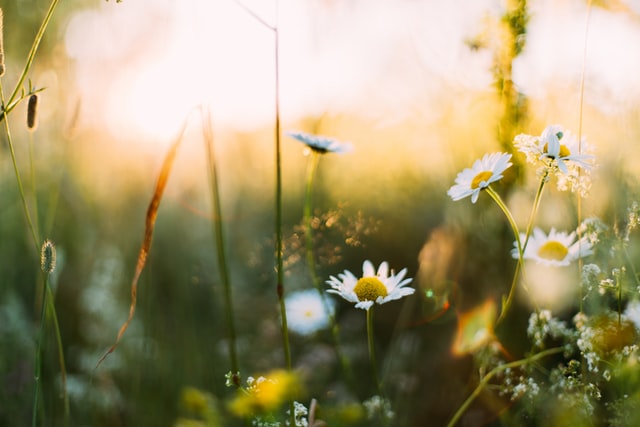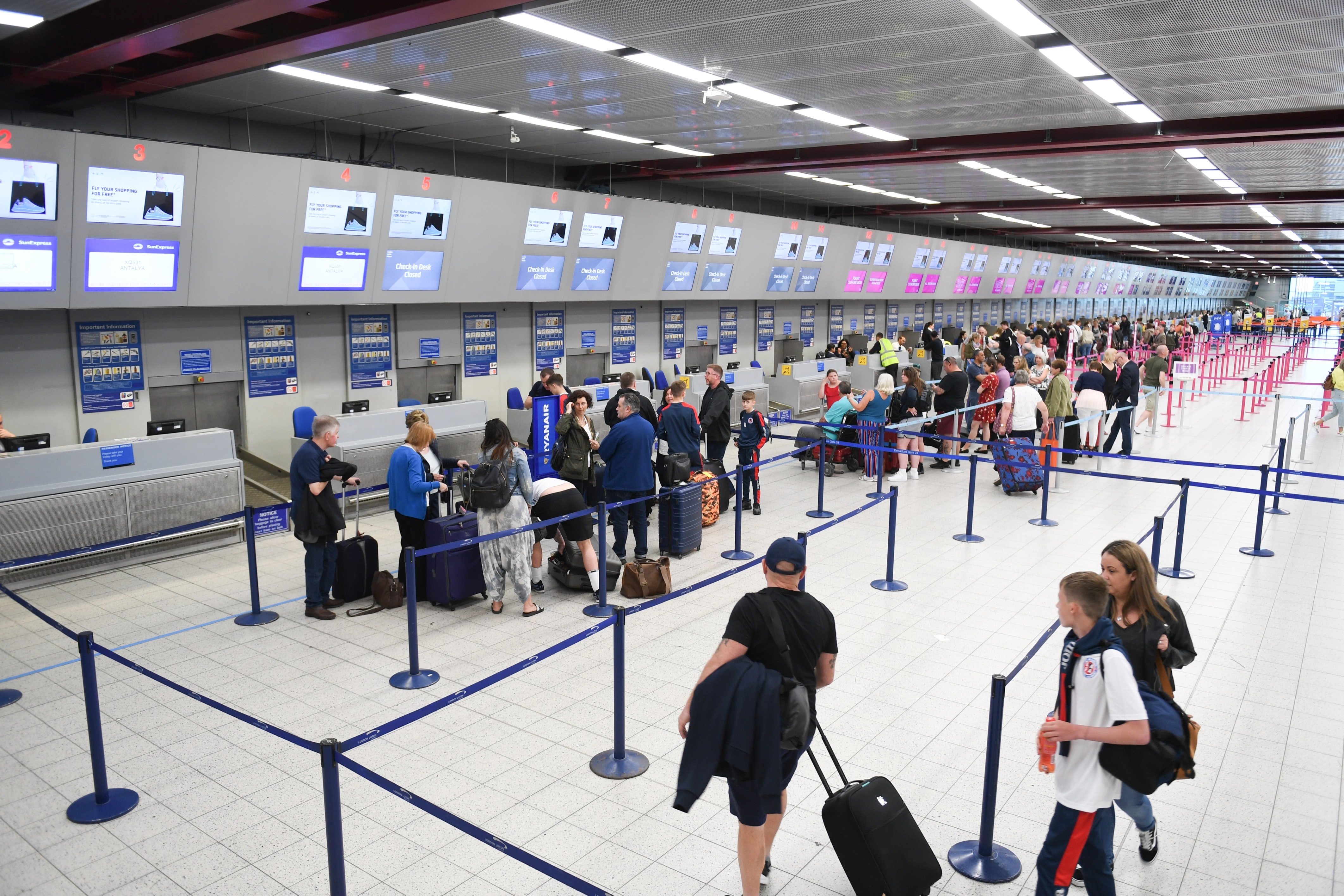When they do, your body releases histamine to drive out the irritants. As your body works to expel these allergens, you may suffer sneezing, coughing, and watery eyes. These irritants can clog your airways and make it more difficult for your CPAP to help you breathe during the night.
In the fall, ragweed tends to be especially challenging for allergy sufferers, and once you begin to feel the effects, it can be tough to rebound. Getting ahead of peak season allergens can help you breathe and sleep more easily, allowing you to feel better throughout the day. This guide to fall allergies and CPAP offers useful tips and steps you can take to get through allergy season breathing more freely and feeling more energetic.
Consider antihistamines.
If the effects of ragweed significantly trigger your allergies in the fall, it is worth considering medication. For some, this is the most immediate and effective way to combat allergic reactions. You can take the medication in the form of a pill or as an over-the-counter nasal spray. Keep in mind that certain antihistamines can cause drowsiness, so look for non-drowsy types if you plan to use them during the day. As always, it is important to talk to your practitioner before taking any medication to ensure antihistamines do not conflict with your therapy, any other prescriptions you may be taking or any other medical conditions you may have.
Replace or clean all reusable CPAP parts.
It is important to regularly replace CPAP components as they wear out over time from general use and exposure to moisture. Starting the fall off with fresh filters, tubing, and a new mask can go a long way in ensuring your CPAP therapy remains effective all season long.
If fall is approaching and you are not ready to replace these parts of your CPAP, consider giving them a good cleaning to extend their use. To wash out your mask and tubes, soak them in a tub using soap and three parts water mixed with one part vinegar.
Try a full face CPAP mask.
A common issue with using a CPAP machine while you are suffering from allergies is added congestion. If you have a stuffy nose, you may struggle to pull air through the mask and be forced to breathe through your mouth. When this happens, it may mean you are not getting enough air and, consequently, enough oxygen while you sleep. Although a full face mask may not be your preference, it will help ensure the air pressure keeps your airways open throughout the night.
Use a humidifier.
Some CPAP machines come equipped with built-in humidifiers, which can make a significant difference during allergy season. The warm, moist air created by a humidifier can alleviate nasal congestion and the dry, scratchy throat that allergies often cause. If your CPAP does not include a humidifier, consider investing in one — but be prepared to take care of it. Cleaning your humidifier and replacing the water every day will help prevent mineral build-up and malfunctions. Investing in a separate humidifier to place in often-used areas of your home, such as an office or living room, can also help you feel better during the day.
Do some seasonal house cleaning.
Given the volume of pollutants that can collect around the house — dust, pet dander, and mold, to name a few — the arrival of ragweed in the fall can exacerbate things. To reduce the chance of this, do a thorough cleaning periodically. By scrubbing, dusting, and sweeping your home from top to bottom, you can alleviate some of the common allergens that could be affecting your daily breathing.
Talk to your healthcare practitioner.
Your practitioner is an excellent resource for ideas to help you cope with your fall allergies. If you feel that your allergies are impacting your Sleep Apnea Therapy, do not wait to consult with your provider. Education is key to getting the most from your CPAP during allergy season so you can continue enjoying the benefits of treatment and live more comfortably.


